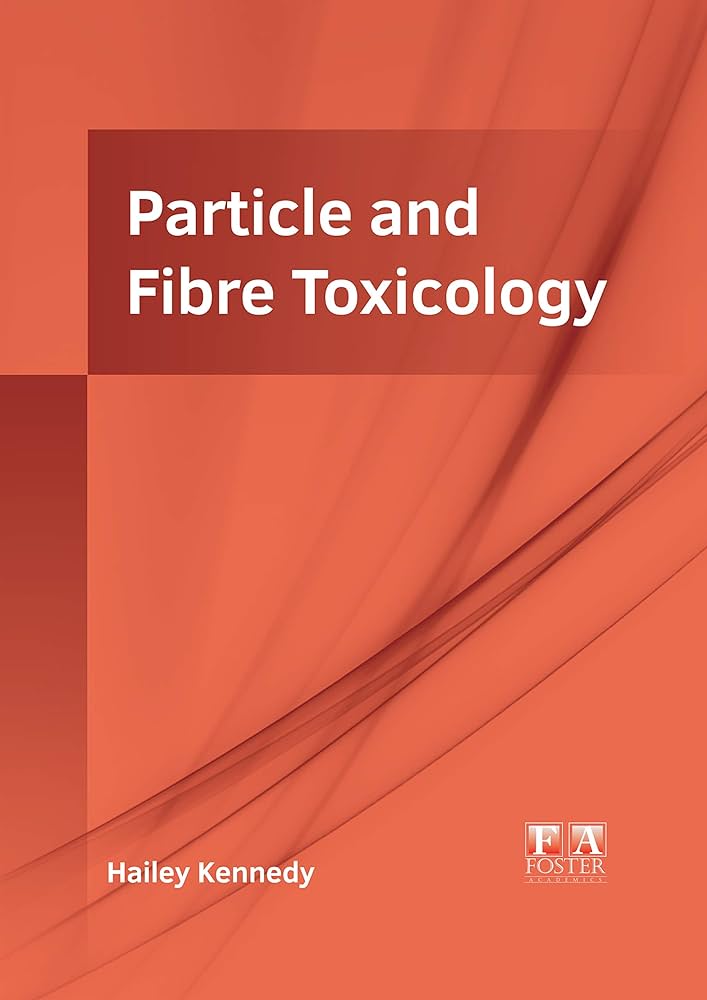Macrophage-derived exosomal HMGB3 regulates silica-induced pulmonary inflammation by promoting M1 macrophage polarization and recruitment
IF 8.2
1区 医学
Q1 TOXICOLOGY
引用次数: 0
Abstract
Chronic inflammation and fibrosis are characteristics of silicosis, and the inflammatory mediators involved in silicosis have not been fully elucidated. Recently, macrophage-derived exosomes have been reported to be inflammatory modulators, but their role in silicosis has not been explored. The purpose of the present study was to investigate the role of macrophage-derived exosomal high mobility group box 3 (HMGB3) in silica-induced pulmonary inflammation. The induction of the inflammatory response and the recruitment of monocytes/macrophages were evaluated by immunofluorescence, flow cytometry and transwell assays. The expression of inflammatory cytokines was examined by RT–PCR and ELISA, and the signalling pathways involved were examined by western blot analysis. HMGB3 expression was increased in exosomes derived from silica-exposed macrophages. Exosomal HMGB3 significantly upregulated the expression of inflammatory cytokines, activated the STAT3/MAPK (ERK1/2 and p38)/NF-κB pathways in monocytes/macrophages, and promoted the migration of these cells by CCR2. Exosomal HMGB3 is a proinflammatory modulator of silica-induced inflammation that promotes the inflammatory response and recruitment of monocytes/macrophages by regulating the activation of the STAT3/MAPK/NF-κB/CCR2 pathways.巨噬细胞源性外泌体 HMGB3 通过促进 M1 型巨噬细胞的极化和招募调节二氧化硅诱导的肺部炎症
慢性炎症和纤维化是矽肺病的特征,而参与矽肺病的炎症介质尚未完全阐明。最近,有报道称巨噬细胞衍生的外泌体是一种炎症调节剂,但其在矽肺中的作用尚未得到探讨。本研究旨在探讨巨噬细胞衍生的外泌体高迁移率基团框 3(HMGB3)在矽诱导的肺部炎症中的作用。通过免疫荧光、流式细胞术和透孔试验评估了炎症反应的诱导和单核细胞/巨噬细胞的募集。通过 RT-PCR 和 ELISA 检测了炎症细胞因子的表达,并通过 Western 印迹分析检测了相关信号通路。从暴露于二氧化硅的巨噬细胞中提取的外泌体中,HMGB3的表达量有所增加。外泌体 HMGB3 能显著上调炎症细胞因子的表达,激活单核细胞/巨噬细胞中的 STAT3/MAPK(ERK1/2 和 p38)/NF-κB 通路,并通过 CCR2 促进这些细胞的迁移。外泌体HMGB3是二氧化硅诱导的炎症的促炎调节剂,它通过调节STAT3/MAPK/NF-κB/CCR2途径的激活,促进炎症反应和单核细胞/巨噬细胞的募集。
本文章由计算机程序翻译,如有差异,请以英文原文为准。
求助全文
约1分钟内获得全文
求助全文
来源期刊

Particle and Fibre Toxicology
TOXICOLOGY-
CiteScore
15.90
自引率
4.00%
发文量
69
审稿时长
6 months
期刊介绍:
Particle and Fibre Toxicology is an online journal that is open access and peer-reviewed. It covers a range of disciplines such as material science, biomaterials, and nanomedicine, focusing on the toxicological effects of particles and fibres. The journal serves as a platform for scientific debate and communication among toxicologists and scientists from different fields who work with particle and fibre materials. The main objective of the journal is to deepen our understanding of the physico-chemical properties of particles, their potential for human exposure, and the resulting biological effects. It also addresses regulatory issues related to particle exposure in workplaces and the general environment. Moreover, the journal recognizes that there are various situations where particles can pose a toxicological threat, such as the use of old materials in new applications or the introduction of new materials altogether. By encompassing all these disciplines, Particle and Fibre Toxicology provides a comprehensive source for research in this field.
 求助内容:
求助内容: 应助结果提醒方式:
应助结果提醒方式:


